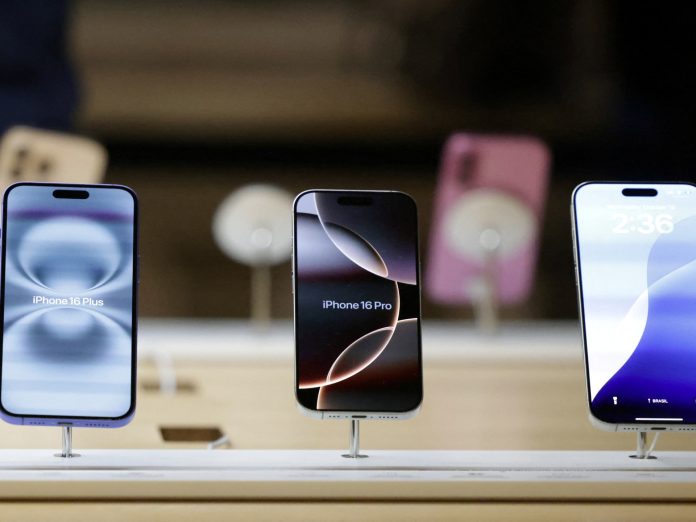Medan, Indonesia – Winston, a medical doctor who lives and works in the capital of North Sumatra Province, is a self-proclaimed Apple fan.
Currently the proud owner of an iPhone 15, Winson had been looking forward to upgrading to the latest model, the iPhone 16, released in September.
Winston, however, has reluctantly given up on the idea since the Indonesian government banned sales of the iPhone 16 and the Google Pixel in late October, citing the tech giants’ failure to comply with the country’s Tingkat Komponen Dalam Negeri, or TKDN, policy, which requires phones to source at least 40 percent of their parts locally.
“Indonesian regulations about iPhones hit me once, and once was enough,” Winston, who like many Indonesians goes by one name, told Al Jazeera.
While Winston could buy an iPhone overseas to bring back home – a relatively common practice that is legal as long as the phone is not resold – he has been burned by Indonesian regulations before.
“I bought the iPhone 11 in Singapore back in 2019 because it was much cheaper than in Indonesia, about $250 cheaper in fact. A round-trip ticket to Singapore at that time was only $120. You could fly to Singapore and back to Indonesia on the same day, so it was more cost-effective,” he said.
Winston used the phone without problems for about a year, until the Indonesian government in 2022 issued a regulation mandating that all phones be registered.
Despite registering his phone as required, the device suddenly lost signal one day and would not reconnect to the network, even with a different SIM card, he said.
“I went to a licensed Apple products reseller in Medan because I thought there was a problem with the phone, but they just said, ‘There is nothing we can do or suggest,’” he said.
Saddled with an unusable iPhone, Winston, who has had no problems with his current iPhone 15, which he bought through a licensed reseller, sold the device at a loss at a secondhand store during a subsequent visit to Singapore.
Indonesia, the fourth-most populous country with some 280 million people, is one of the world’s largest smartphone markets.




